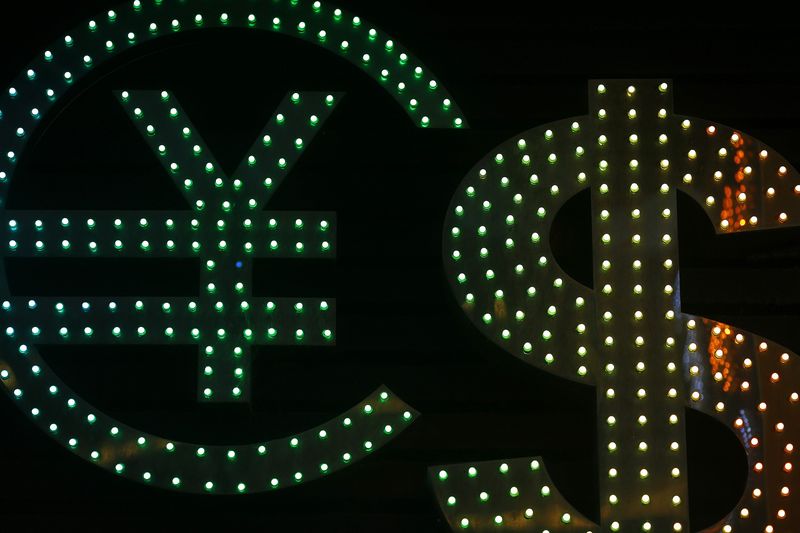Bank of America (NYSE:BAC) (BofA) released a report expressing concerns over the sustainability of the Korean Won's recent performance, predicting that the currency is likely to face challenges in the coming months due to potential global trade tensions and Korea's export outlook for 2025.
The report comes on the heels of the inauguration of the second Trump administration, which has not immediately affected import tariffs to China or the U.S.'s other trading partners. This status quo has prompted markets to remove long U.S. dollar hedges, particularly against the Chinese Yuan (CNH), resulting in a significant drop in the Yuan's value. The CNY fixing plunged to 7.17, down from a stable 7.19 since early December 2024.
Despite the relief rally, BofA analysts caution that this should not be interpreted as a shift in the fundamental outlook for trade policies. President Trump has mentioned the possibility of implementing a 25% tariff on goods from Canada and Mexico, which could escalate global trade tensions.
In Korea, the government is actively working to maintain the stability of the Korean Won (KRW) amid political uncertainties and to preserve international investor confidence. The National Pension Service (NPS) and the Bank of Korea (BoK) are employing strategies to mitigate foreign exchange weakness, including adjusting hedge ratios and direct market intervention.
These efforts have temporarily made the Korean Won the best-performing Asian currency year to date, a reversal from its position as the worst-performing over the past 12 months. However, BofA analysts believe this trend is unlikely to last, given their negative outlook on Korea's export growth and the potential impact of U.S.-China trade tensions on the country.
Based on these analyses, BofA has initiated a long USDKRW trade recommendation, with an entry point at 1,442, a target of 1,480, and a stop at 1,420. The recommendation hinges on the expectation of continued trade uncertainties for Korea, although potential risks to this trade include prolonged U.S.-China trade negotiations and a stronger-than-expected response from the Korean government to ensure foreign exchange stability.
This article was generated with the support of AI and reviewed by an editor. For more information see our T&C.
